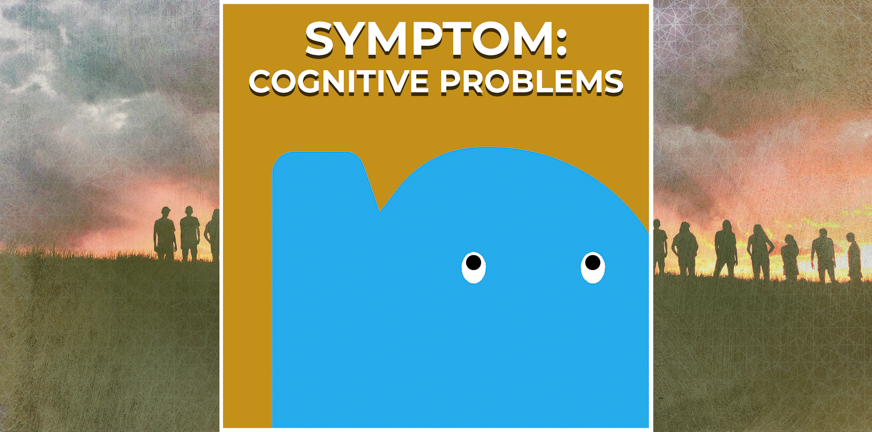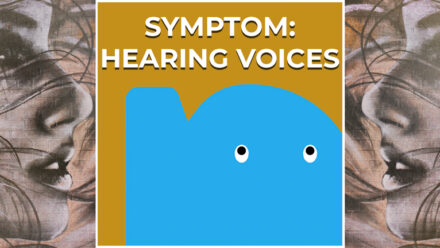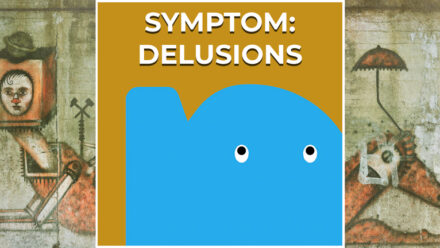
During psychosis, it is likely that you find it hard to concentrate and focus – the so-called cognitive functions. The course of these cognitive problems differs from person to person. They are often temporary, but can also remain even after the psychotic episode is over.
Memory and concentration problems
Important domains of cognitive functioning are: speed of information processing, attention and concentration, learning (verbally and visually), working memory and problem solving. People who are vulnerable to psychosis can experience problems with one or more domains, especially during and after a psychotic episode. Memory and concentration problems are common. This can be very troublesome for your studies or work, but also when simply trying to read a paper or listen during conversation. Often these cognitive problems are temporary, and they go away when you recover from your psychosis. But sometimes they remain to a degree, even after the psychotic symptoms have disappeared.
Social cognition
The ability to recognise and understand the emotions and intentions of others is called social cognition. People who easily become psychotic, may have (temporary) problems with understanding such social signals. This can be a problem when talking to people, for instance because you find it difficult to guess whether someone looking happy or angry, or when someone is speaking sarcastically and the actual message is different from their literal words.
Social cognition and psychosis have been studied a lot. We describe four important functions that are known to sometimes play a role in psychosis.
Recognising the tone of conversation
Conversations are not just about the words spoken: body language and tone are also important for understanding a message. People with psychosis often have difficulty interpreting the tone of someone speaking. This tone could be friendly, sarcastic, hostile, uninterested, etc. When you cannot interpret the tone at which someone is talking, you miss important non-verbal information.
Recognising facial expressions
A number of different studies show that people with psychosis find it hard to understand facial expressions. They make much more mistakes when comparing different facial expressions (happy, sad, afraid, etc) than people who are not vulnerable to psychosis. This not only makes communication even harder, but also creates problems with understanding what happens around them. You could compare it to the difference between speaking to someone face to face, or over the phone. When talking to someone over the phone, you are not getting any signals through body language and facial expressions. What remains is only speech, which turns out to be only 10% of all the information.
Switching attention
Being able to quickly switch from one subject to the next is important. In day-to-day life, all kinds of things are coming at you, conversation subjects can sometimes change quickly and sometimes you are doing several things at once. Switching your attention quickly from one situation to the next turns out to be difficult for someone with psychosis.
Filtering information
Imagine that you and a friend are talking on a train, and all around you people are talking. In order to fully concentrate on your own conversation, you need to keep all the other voices to the background. This filtering of information is a complex task for your brain, which regularly becomes a problem for people with psychosis. Everything you see and hear seems to grab your full attention and you are unable to filter what is important and what not. You can probably imagine that living without a filter is incredibly exhausting. This can literally overload your head, which is precisely how many people with psychosis describe their experience.




